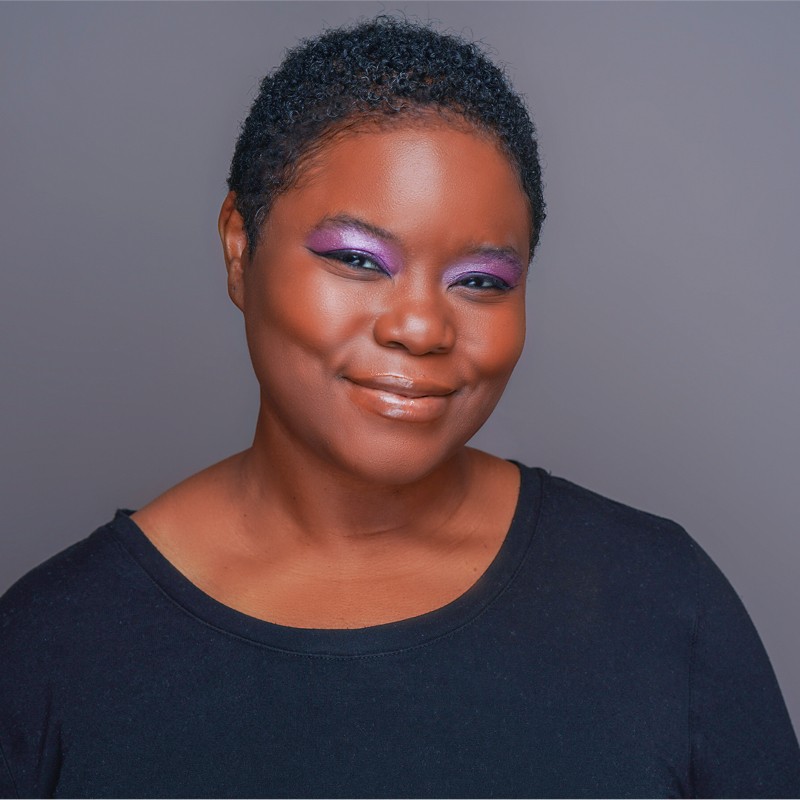Elevating Writing Assessment in Graduate and Professional Education: A Faculty Workshop at UMB on March 26
February 26, 2025 Isabell May
Effective writing assessment shapes student success in health sciences and human services disciplines, allowing them to analyze evidence as well as communicate effectively and strategically.
In health sciences and human services education, writing is not just a technical exercise but also a form of professional communication that carries real-world consequences. Whether students are authoring research manuscripts, composing clinical documentation, or preparing grant proposals, their ability to write effectively and strategically influences their success in and impact on academia and beyond. Writing assessment, therefore, must do more than assign grades. It also must function as an instructional tool that helps students refine their ability to analyze evidence, construct persuasive arguments, and meet the demands of their professions.
Teaching and assessment traditions vary across the University of Maryland, Baltimore’s (UMB) many professional and clinical programs and involve partnerships among faculty, libraries, and student support programs like the Writing Center. These networks often depend on complex factors like faculty time constraints, availability of funding, and staff capacity, presenting constant challenges for us all. At the same time, opportunities for collaboration in writing support abound and can innovate strategies for writing assessment practices that enhance student development, professional identity formation, and access to disciplinary knowledge.
To support UMB faculty in continuing to innovate their assessment strategies, the UMB Writing Center is hosting a virtual faculty workshop on writing assessment on March 26, noon to 2 p.m., led by Alexandria Lockett, PhD, a leading scholar in writing pedagogy, technology, and educational equity. This workshop provides an opportunity for faculty to reflect on their assessment practices, explore new approaches to evaluating student writing, and learn strategies for fostering deeper engagement with writing in their classroom and broadening their mentorship roles.
Lockett is a former assistant professor of English at Spelman College and currently serves as a director of lateral recruiting at eXacta Global, a woman-owned recruiting firm that specializes in legal and business crossover roles for attorneys. Throughout her career, she has led numerous pedagogy workshops for thousands of instructors — of various rank — teaching across the disciplines. Lockett’s background includes publishing award-winning research about race, technology, literacy, and access. She co-authored “Race, Rhetoric, and Research Methods” and co-edited “Learning from the Lived Experiences of Graduate Student Writers.” She composed several articles and book chapters in publications such as MIT Press, Routledge, Composition Studies, Praxis, and Enculturation. Lockett continues to work as an independent scholar. She recently served as a Wikipedia scholar-in-residence for AfroCROWD — a community organization based in New York City (2023-4). She also is an advisory board member for Wiki Education’s Mellon Social Justice Initiative (2024-26).
Lockett has extensively researched the intersections of writing, technology, and institutional power. She is an advocate for teaching students to navigate complex discourses not just in published scholarly research, but also in other genres of knowledge production, to “encourage students and instructors to reflect on how the internet and its complex networked features mediate their research and writing process,” as she proposed in a 2017 chapter on expanding our understanding of the traditional research paper. “Few educational institutions and disciplines are cultivating the technical, scientific, and artistic competencies necessary for editing, navigating, and managing the internet’s infinite retrieval mechanisms,” Lockett wrote.
This workshop invites UMB faculty to consider new perspectives on writing assessment that go beyond traditional grading rubrics and margin comments. How can assessment support the process of learning rather than just measure the final product? What kinds of feedback best support graduate and professional students as they develop expertise in their disciplines? And how can faculty balance high expectations for precision and rigor with an awareness of students’ diverse linguistic and educational backgrounds?
By engaging with these questions, faculty will leave the workshop better prepared to integrate writing into their teaching in ways that foster both intellectual growth and professional readiness. Writing assessment is not just about evaluating students’ work. It is about shaping the next generation of researchers, practitioners, and leaders, too.
Faculty interested in participating in this online workshop March 26, noon to 2 p.m., are encouraged to register via the UMB Writing Center’s website by March 14. Registration is limited, so sign up early to reserve your spot. For more information, please contact Isabell May, PhD, at imay@umaryland.edu.